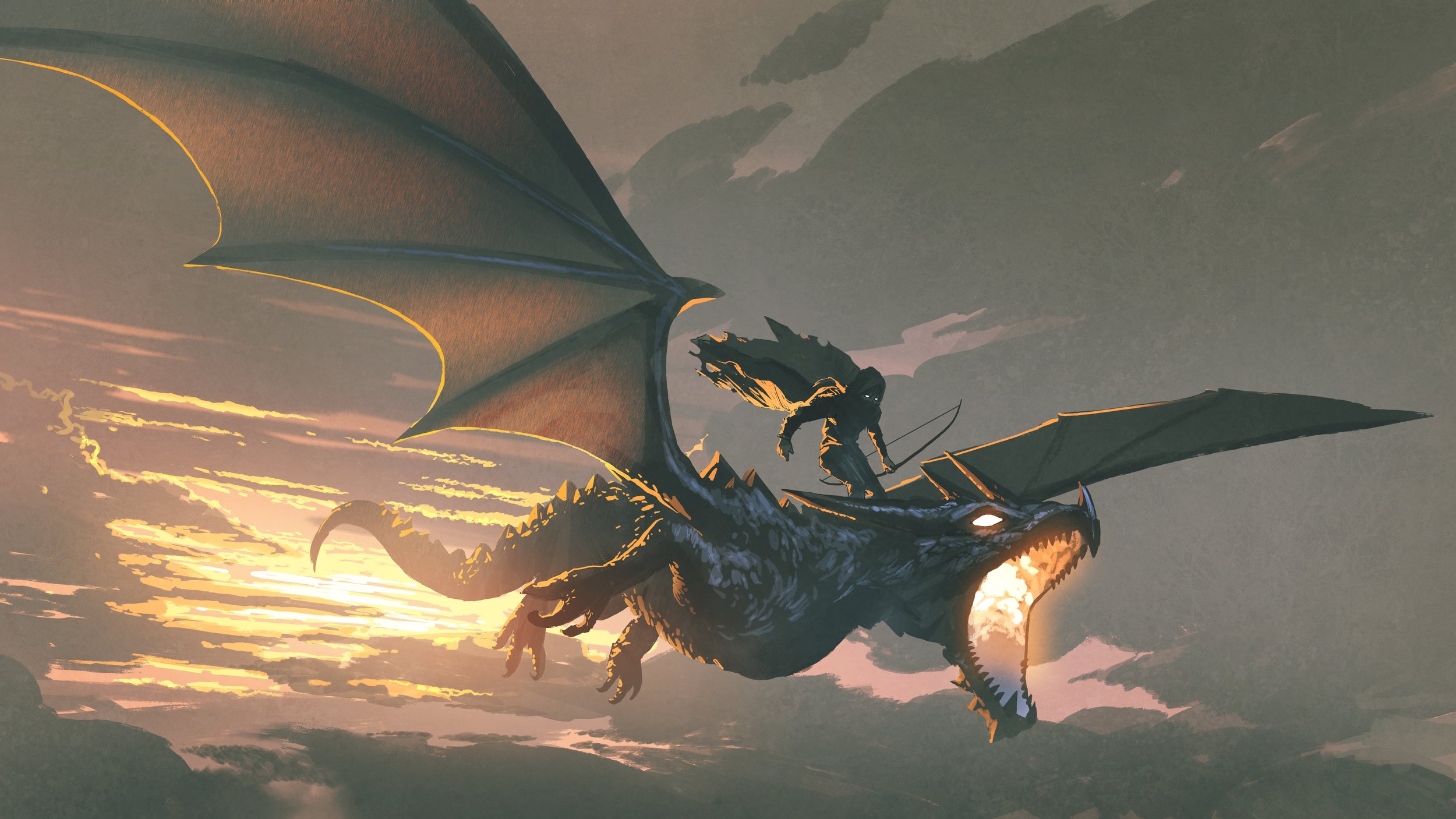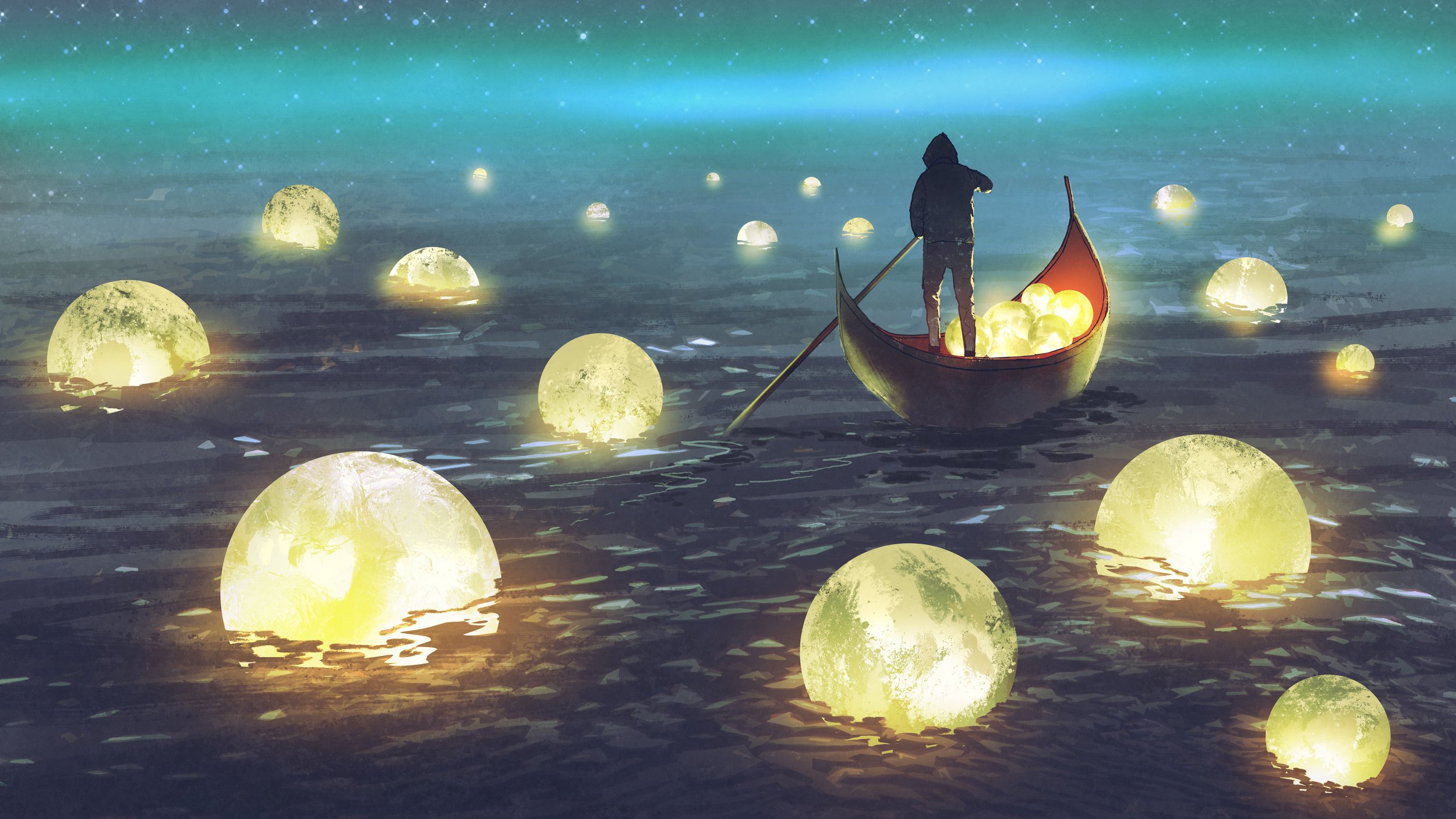Gundam Unicorn and the Power of Possibility
Finding hope and inspiration in the power of Gundam Unicorn and power of possibility.
This article includes affiliate links. If you purchase through an affiliate link, I earn a small amount from qualifying purchases.
A few years ago, I was in a bad place. There were a lot of factors, but one of the biggest was a feeling of isolation. I had moved to a new town and felt distant from all my old friends. This was a few years before the COVID pandemic, but looking back, this period of my life was like a precursor to 2020: I felt like I’d been completely separated from the people who mattered to me. To try to combat that feeling of loneliness, I decided to try my hand at a new hobby: building model kits.
I’d always had a passing interest in the anime franchise Mobile Suit Gundam, which a friend had introduced me to in middle school. After all, who doesn’t love giant robots? Gundam is famous not only for being a highly influential anime, but also for its line of high-quality model kits, so I ordered a few High-Grade Gundam kits and immediately fell in love with building them.
Once I started building the kits, I felt like I should get more invested in the wider franchise. I’d played a lot of Gundam video games and even watched a couple of shows (Gundam SEED and the first season of Gundam 00), but my overall knowledge of the franchise was pretty slim.
I started devouring every Gundam show I could get my hands on, and was delighted to discover that I loved the series as much as I loved the model kits. Gundam is an interesting beast; originally a kids’ show meant to sell robot toys, Mobile Suit Gundam quickly broke the mold of the mecha genre, featuring a more grounded world, realistic characters, and darker themes than its contemporaries.
“The beast of possibility requires only a little spark to be lit.”
- Banagher, Gundam
In many ways, Gundam is a paradox: it has a strong environmental message, but it profits from the sale of plastic model kits. It is a show about the futility of war and the need for human empathy and understanding, yet it revolves around intense combat using robotic war machines. Most importantly, though, it is a franchise about preserving hope for humanity’s future, which springs from the creator’s own deep despair.
Yoshiyuki Tomino, creator of the original anime, has been open about his mental health struggles and the way they influence his art. Throughout the first Mobile Suit Gundam and its sequels, we see characters grapple with depression, post-traumatic stress, and other serious issues. As a young man struggling with mental health problems of my own, it meant a lot to me to see series protagonists like Amuro Ray dealing with similar feelings.
Although Tomino departed the franchise many years ago, his influence can still be felt. Nowhere is this more apparent than in Mobile Suit Gundam Unicorn, a series of OVAs (original video animations–a type of video that is something more than an episode of anime, but less than a full-length film) that expand on many of the themes Tomino explored in the early days of Gundam.
At its heart, Unicorn is about the conflict between hope and despair. These two opposing forces are represented by the protagonist Banagher Links and antagonist Full Frontal (yes, it’s a silly name; it’s supposed to indicate his aggressive combat style, as in “full frontal assault”).
“Gundam, please give me the power to know people's hearts.”
- Banagher, Gundam
For much of the series, Full Frontal’s overall goals are mysterious. When his full plan is finally revealed at the end of the series, it’s a bit of an anticlimax–it’s nothing more than an economic power-play that will benefit his faction in the short term, but ultimately fail to meaningfully shift the status quo of the setting. When this is pointed out to him, he reveals that he simply doesn’t care.
Full Frontal, it turns out, doesn’t care about any of this.
The final few OVAs paint Full Frontal as a man who has given himself fully into despair. He is a broken human being, going through the motions of life; he describes himself as an empty vessel. He sees no inherent value or purpose in existence. He’s enacting his villainous plot because it’s the only goal his masters have given him, and he sees no point in rebelling or doing anything else. Frontal is the ultimate nihilist: he firmly believes that nothing he does will have any notable impact, so why bother trying? He’s content to simply do as he’s told.
To a degree, our hero Banagher actually agrees–he’s not certain that his actions can change anything. The difference is, Banagher has hope. Maybe he can’t change anything, but isn’t it worth trying? Whenever Banagher is told that he’s facing impossible odds, whenever things seem hopeless, he responds the same way: “But even so.” The deck may be stacked against him, but even so, he has to at least try.
This all comes to a head in Unicorn’s final episode. In their last battle, Banagher and Full Frontal are granted a vision of the end of the time–the heat death of the universe (if you’re unfamiliar with the franchise, that might sound odd, and it’s rather hard to explain… just know that psychic powers are a major part of Gundam). Full Frontal uses this as evidence that he’s correct, and that life is meaningless:
“People may struggle all they like, but the outcome will not change. Surely even you understand this. Hope and possibility are nothing but fleeting dreams glimpsed at the doorstep of this nothingness–illusions that offer no comfort. They lead people astray and create meaningless conflict!”
And Banagher’s response?
“Even so.”
It might sound dramatic to say, but I honestly believe this scene changed my life. Banagher isn’t refuting Full Frontal–he’s allowing for the possibility that his foe is right. However, he’s also pointing out that there’s no excuse not to try to make things better. There’s no excuse not to hope.
I often find myself falling into the same kind of despair Full Frontal describes. When you’re feeling that low, it’s hard to convince yourself that you’re wrong–but Unicorn doesn’t try to do that. It doesn’t say, “Hey, stop being sad!” It says, “Hey, I understand that you’re depressed, but that doesn’t mean you should give up.” That was a powerful lesson for me to learn.
"The beacon of possibility requires only a single ray of hope to keep going.
- Banagher, Gundam
There’s another quote from Unicorn I love: “Humanity alone possesses a god. The power to transcend the now… the inner god called ‘possibility.’” In other words, we all have potential; we all have the power within us to make things better than they are right now. But it’s only a possibility–it won’t happen unless we act on it.
There are days when I wake up, and I don’t even want to get out of bed. I want to just give up; to lay there all day and not do a thing. On those days, I tell myself, “Alright, I feel pretty bad right now… but even so.”
Author:
Ethan McIntyre is a writer and podcaster with a deep love of comic books, horror movies, and giant robots. You can find him on his blog, It Came From Off Panel, or on Twitter @offpanelpod, where he discusses nerdy topics like tabletop games and the weird skull bear from the film Annihilation.
Read more about what we can learn from comics, anime, and video games: Help and Tips for Obsession, From My Experience with Collecting Pokemon Cards, and How To Stay Motivated When It Feels Like You’re Princess Is Always in Another Castle















